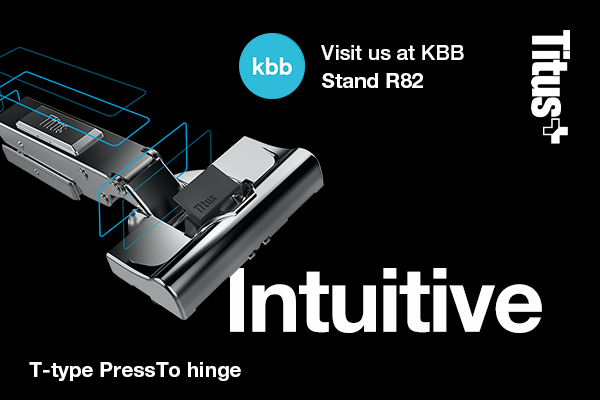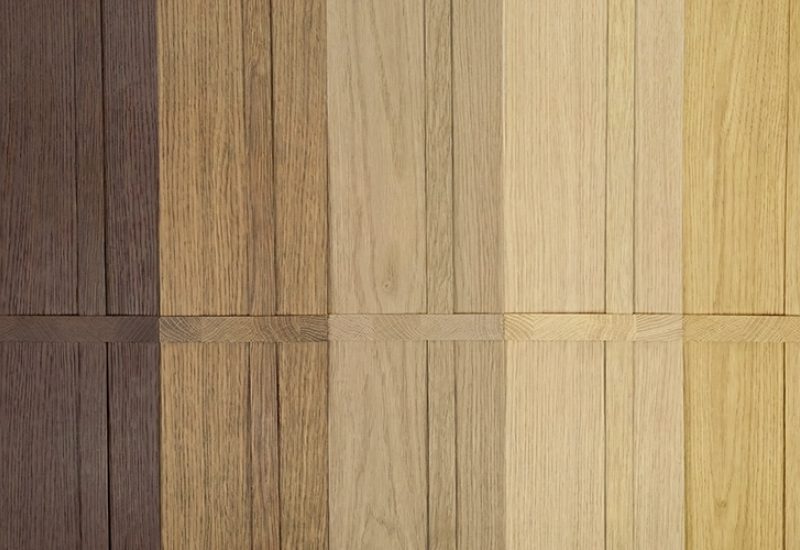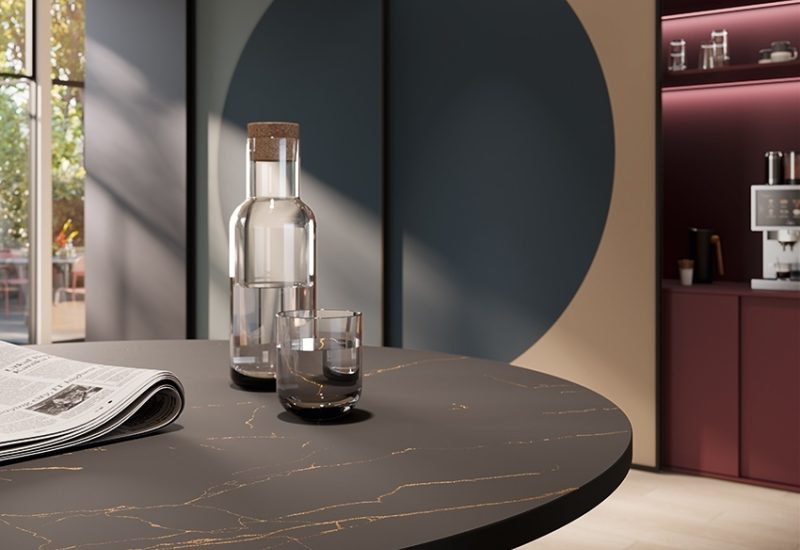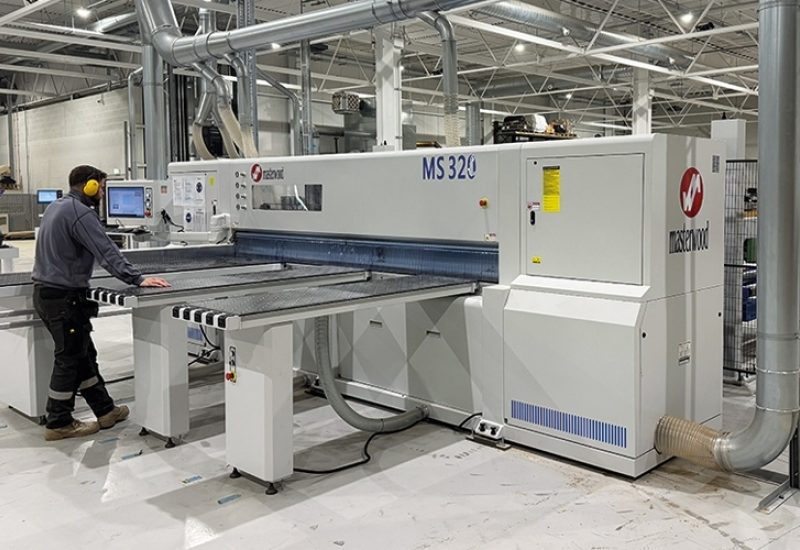Preparing industry-ready graduates
The Atlantic Technological University is an ideal gateway for a career in the furniture industry.

Atlantic Technological University’s School of Design and Creative Arts plays a key role in developing skilled graduates for the furniture, wood, and interior fitout sectors.
John Legg met with ATU’s Head of Department, Paul Leamy, to learn more.
Atlantic Technological University (ATU), established in 2022 following the merger of Galway-Mayo Institute of Technology, Sligo Institute of Technology and Letterkenny Institute of Technology, is a multi-campus technological university serving Ireland’s north-west. Among its campuses is ATU Connemara, designated as the National Centre for Excellence in Furniture Design and Technology.
ATU Connemara delivers a range of degree and apprenticeship programmes across furniture design, manufacture, and teacher education. Currently, over 230 students study there which benefits from purpose-built workshop facilities and modern computer technology.

Paul Leamy, Head of Department of Furniture Design & Technology within the School of Design and Creative Arts, explains more.
“While ATU is relatively new, furniture programmes have been delivered in Connemara since 1988. Currently, we have programmes that focus on preparing graduates for careers in the furniture, wood and interiors industry, and another programme educating future second-level teachers of design, graphics and construction subjects.”
“For the industry programmes, we have two main options, the BSc (Hons) in Furniture Design & Manufacture and the BSc (Hons) in Furniture Making & Architectural Woodworking.
“There’s also a common entry BSc (Hons) in Furniture Design, Making & Technology entry pathway. We find some students know they want to study the furniture design programme, and others know they want to study the furniture making programme, and then some may not know initially which programme is their preference, so we have a Common Entry route which allows students flexibility to choose a specialisation after their first year.

These programmes maintain close ties with industry, regularly engaging with employers through year-long work placement, company visits, and events such as its annual industry open day. These connections are central to ensuring the relevance and impact of the programmes.
“We hosted 15 companies at our recent industry open day in March, where companies shared opportunities for work placement and graduate employment with our students. That kind of interaction benefits students hugely.”
Placement is a core element of the industry programmes. Students spend their third year working four days per week with an industry partner, while engaging in online classes on Fridays.

“Through work placements, site visits, and industry events, students get a broad exposure to different companies operating within the sector – from bespoke makers to high-volume manufacturers,” Paul explains.
With strong ties to industry employers, ATU Connemara creates sustainable employment opportunities and helps drive growth for furniture, wood and interiors businesses in Ireland. Paul maintains that there is a consistently high demand for ATU graduates.
“Our graduates are with recognised for their
innovative, creative and re-sponsive approach
to projects. As it stands today, there is currently
100% graduate employment for those wishing
to enter the wood and furniture manufacturing
industry following study in ATU Connemara”
In addition to full-time degrees, the department also delivers training for the SOLAS Wood Manufacturing and Finishing Apprenticeship. Each year, three times per year 24 apprentices complete 10-week training blocks before returning to their employers, 72 in total annually.
Facilities support a wide range of learning experiences, from design and production to theory and digital work. Students have access to production workshops, computing labs, materials conversion equipment, and library and lecture facilities. While confident in what’s offered, pragmatism remains:

“We’re always working to improve what we do, to ensure we’re preparing students for the demands of industry into the future. That includes staying attuned to evolving technologies, practices and industry requirements.”
The campus is part of the broader ATU structure and works closely with colleagues across the university. “It’s important to acknowledge we’re one part of a wider institution and benefit from that network.”
School of Design and Creative Arts Programmes at ATU Connemara:
- Furniture Design & Manufacture – Level 7 & Level 8 BSc (Hons)
- Furniture Making & Architectural Woodworking – Level 7 & Level 8 BSc (Hons)
- Furniture Design, Making & Technology (Common Entry) – Level 7 & Level 8 BSc (Hons)
- Department of Creative Education:
- Education (Design, Graphics & Construction) – Level 8 BSc (Hons)
ATU Connemara is also a founding member of the Irish Wood & Interiors Network, which helps build connections between students, graduates and the wider industry sector.
Reflecting on the current landscape, Paul acknowledges the strength and ambition of many Irish firms: “There’s a wide range of companies doing excellent work — from exporters serving global markets to firms focused on domestic contracts. The sector is evolving rapidly, with growing interest in automation, digital workflows and sustainability.”









